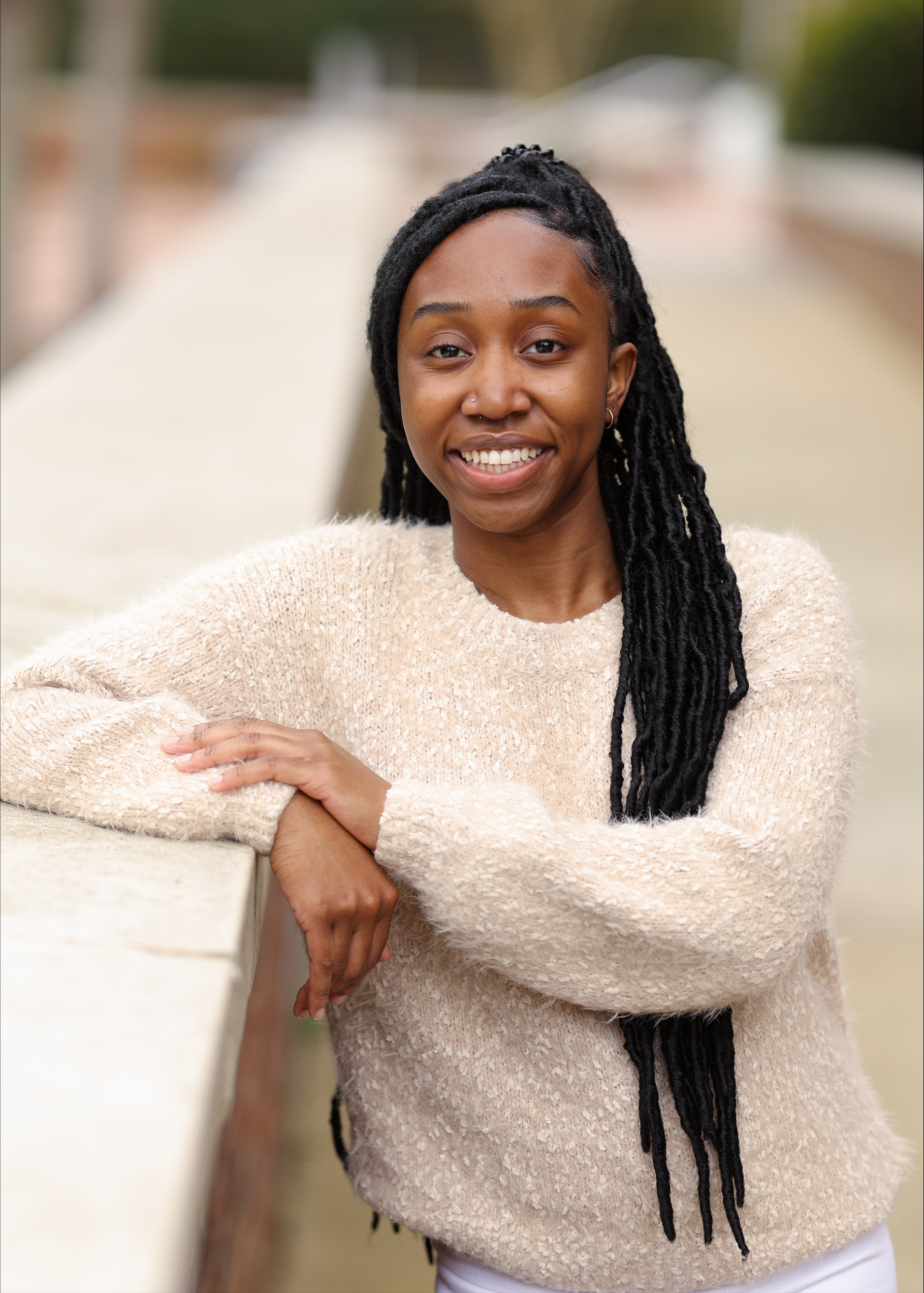
Introduction
Tanya Masvimbo is interning with Bike Walk Greenville this summer, and we are meeting by video conferencing from her home in Zimbabwe. She is majoring in Computer Science and Data Analytics, and will return to campus to start her Junior year in August.
When we first interviewed her for the internship she described her experience living on campus with no access to a motor vehicle, and agreed that this would make for an interesting series of blog posts.
Chapter 1: Confined to Campus: The Furman Experience
My name is Tanyaradzwa Masvimbo, and I am a Zimbabwean.
Over the next few weeks, I will be sharing a series of blog posts detailing my experiences with transport as a foreigner in Greenville. In these posts, I will explore topics such as the cost of travel, pedestrian safety, long-distance travel, and even compare the transport systems of Greenville and Harare.
But first, I must shed light to the background of this series.
It all began when I first landed in New York. All I could hum was, “There’s a party in the USA.” While it might seem cliché, as someone who had never left the African continent, my knowledge of America was limited to the towering buildings of New York and the sunny beaches of Hawaii. I was ecstatic, thinking I would finally explore the land of the American dream.
I thought wrong.
Upon arriving at Furman University, I quickly realized that my world would be confined to Swan Lake and the dining hall. Despite a whole city waiting to be explored, one major obstacle hadn’t crossed my mind: I didn’t have a car.
I was grateful for the safety of Furman’s campus, but perhaps I should have anticipated that not every area in America would have accessible public transport. Had I known, I might have prepared for the pricey Uber rides, the awkward moments of begging friends for a lift, or the daunting brisk walks to a nearby Walmart.
But nothing could have prepared me for being perpetually stuck on campus. While many students have relatives in other states to visit and explore new places with, I have no family in the US. My experience has been limited to Furman, a few spots in downtown Greenville, and JFK Airport. I often felt angry, sad, restless, and stuck on Furman campus.
However, I have overlooked the solutions that were right in front of me, including bike riding, using the bus, or simply walking. I have realized that there is value in reflecting on our negative experiences but also in looking forward to potential solutions that can help me, other foreign students, and perhaps the larger Greenville community.
I am excited to share the rest of my story and hope that it can be of value to whoever is reading it.
Chapter 2: Finding Furman University
I would be lying if I said that I had always dreamed of going to Furman. In fact, I did not even think I would end up in America to begin with.
I have never stayed in one place for too long. I was born in Zimbabwe 22 years ago. Soon after that, I moved around Southern Africa for years until I attended high school in Eswatini.
The high school I attended is called Waterford Kamhlaba United World College of Southern Africa.
United World Colleges (UWC) is an international network of schools with the shared aim of utilizing education to unite people across the world.
All UWC’s offer a scholars program which supports and encourages UWC graduates to study at 99 select US colleges and universities. I applied to several including Furman, Lake Forest College, Earlham College and University of Rochester.
I chose Furman for three reasons: they offered me a large scholarship, they have small class sizes, and they have an amazing careers center.
Unfortunately, I did not consider things such as diversity or public transport. After all, if I had gone to Lake Forest College, I would be with my old friends and I would have access to trains and busses to get around Chicago.
But everything happens for a reason, right?